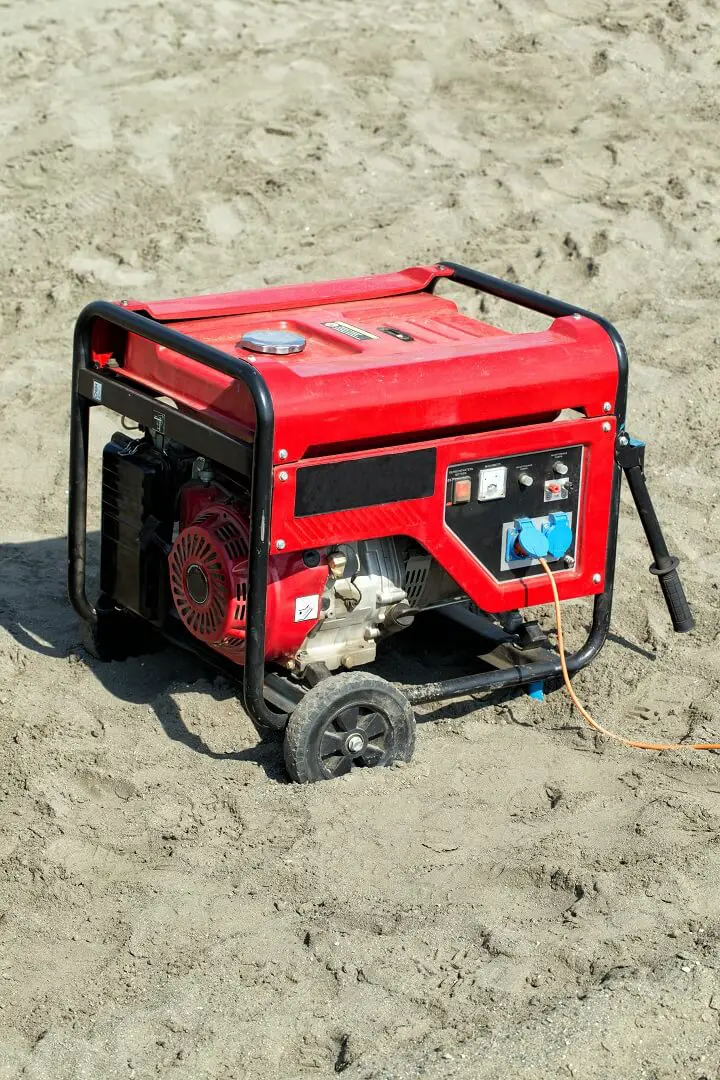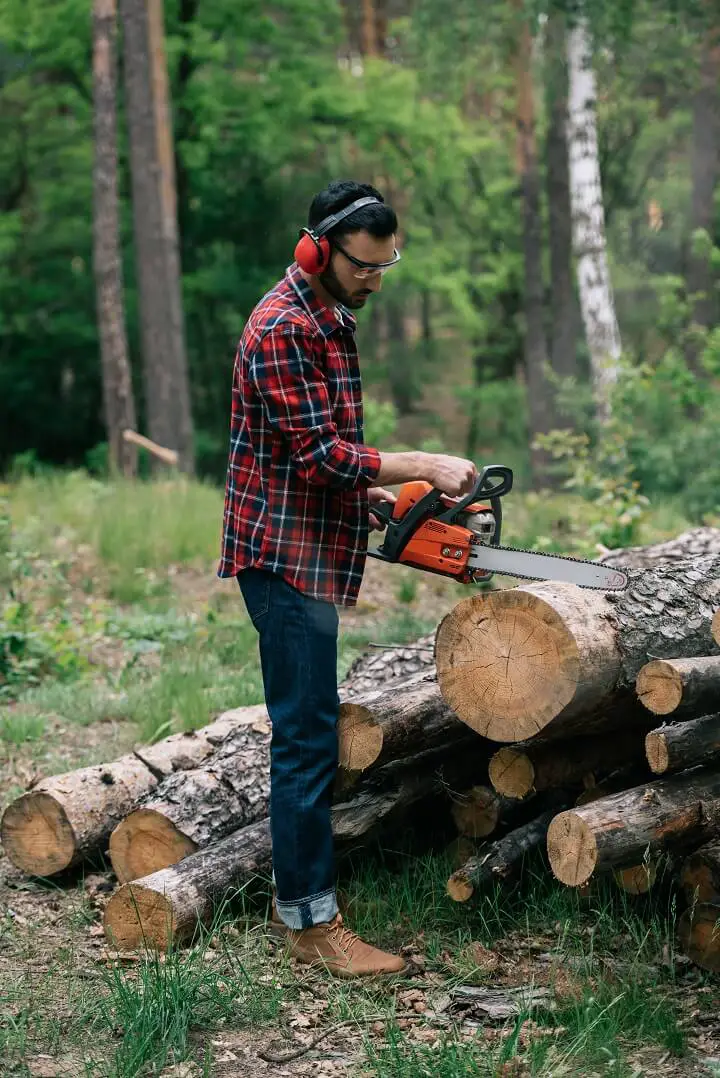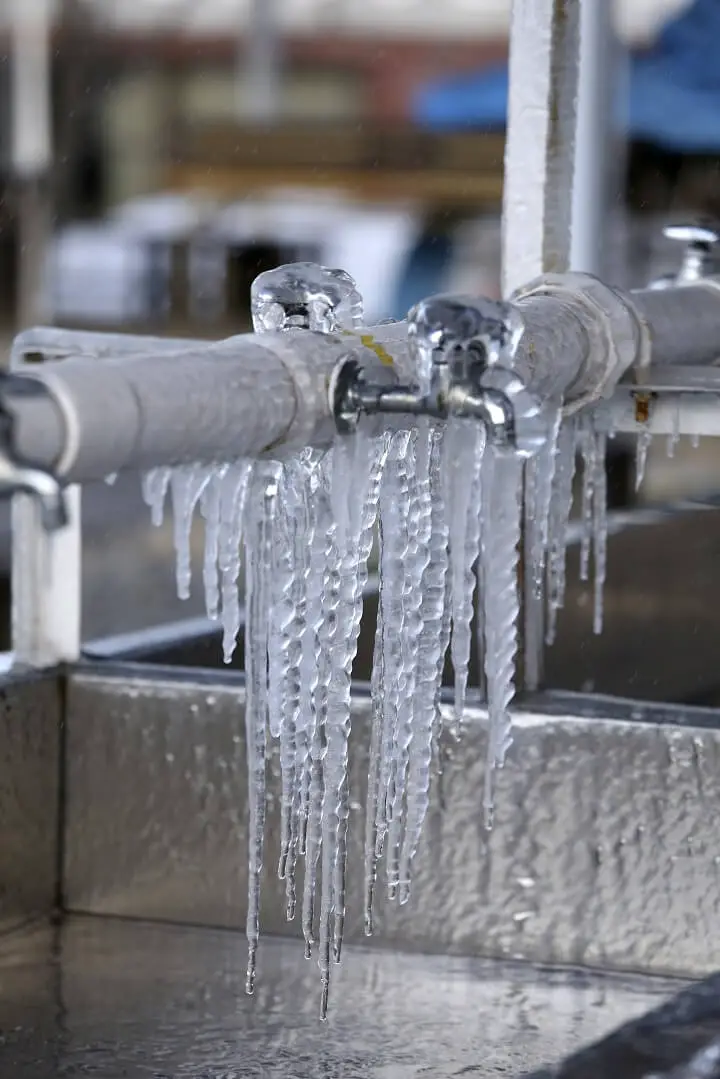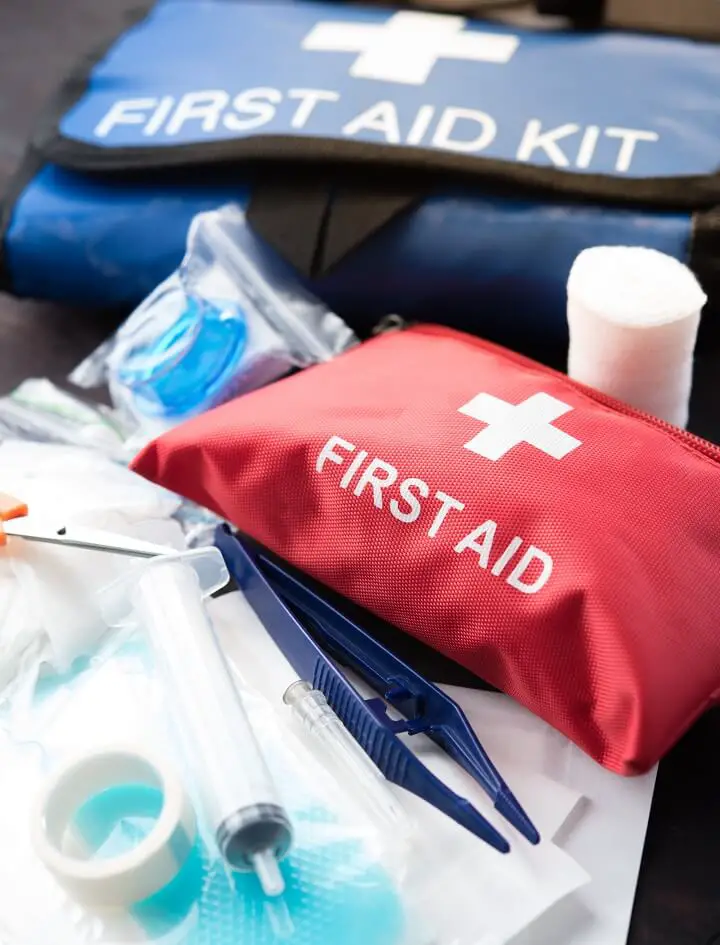[ad_1]
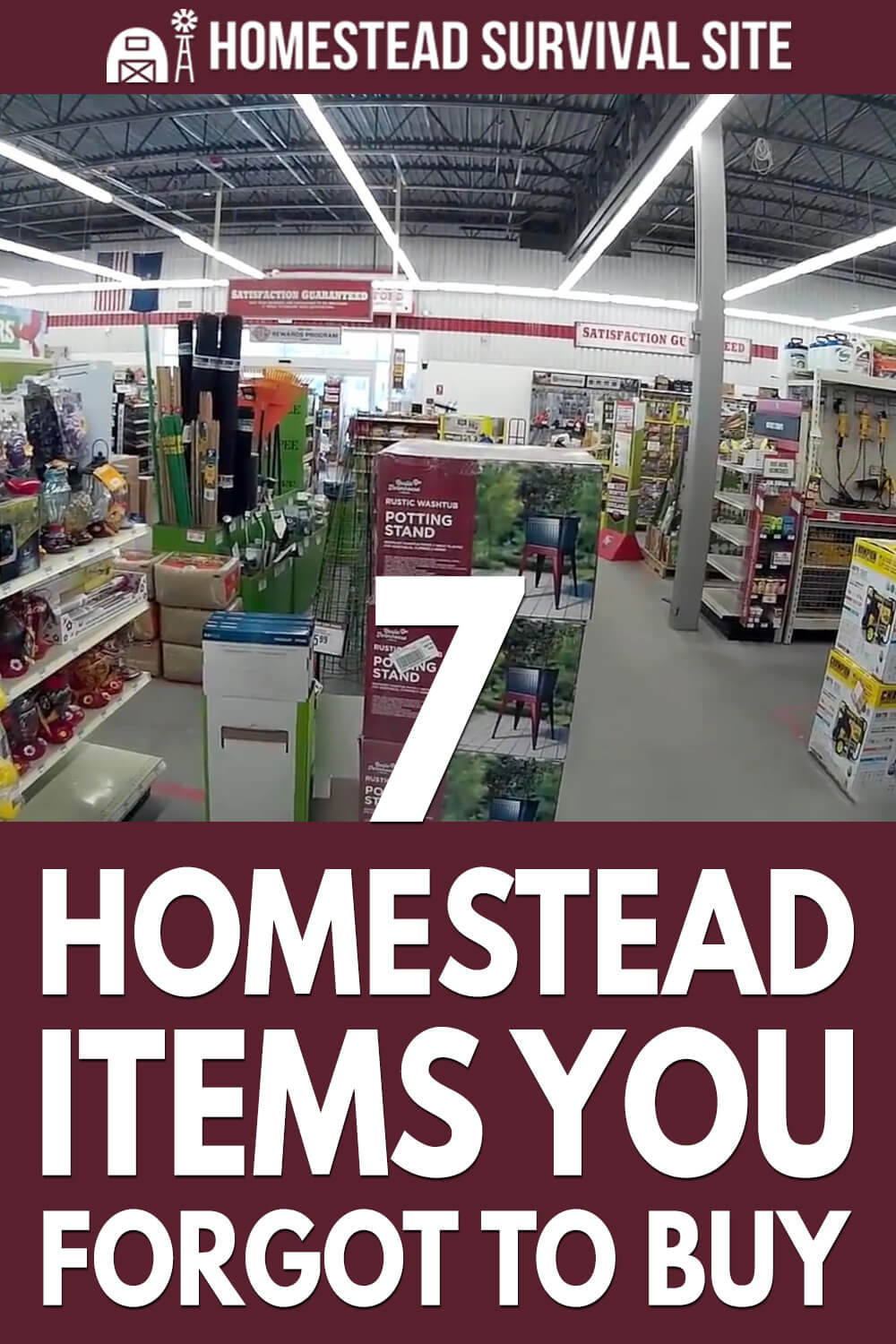
Based on personal experience, these items are essential on a homestead—and very easy not to think about the rest of the time. Having these seven items will make your life easier, and you’ll thank yourself for keeping them stashed.
Want to save this post for later? Click Here to Pin It On Pinterest!
1. An Electric Generator
For some, this one is a no-brainer. For others, this one is a must-have. Living in a rural location means big storms can knock out the power for days.
Now, if you’ve got a solar array or are comfortable camping at home for a minute, all the more power to you. However, if you’ve got a chest freezer full of meat or an incubator full of eggs, a disruption to the power supply can cost you terribly.
A generator will make these times considerably easier. The other thing that generators are ideal for is giving you a power source far from a building, which can come in handy when you need to use welders or power tools on remote parts of a large piece of land.
Just beware—as left in a generator for too long can go bad, so either use an additive to preserve it or drain the tank when it’s not in use.
Related: 5 Ways To Generate Power When Living Off Grid
2. A High-Quality Headlamp
You may think a flashlight is all you need to venture out in the dark—which might be true in the city—but on a homestead, you usually need to use both hands. Trust me on this one, when you’ve got livestock of any sort, some nights you are going to have to head out into the darkness to check on them.
Storms, flooding, and predators are all things that will have you out of bed doing a wellness check at 3 a.m. And if all you have is a flashlight, you’re going to curse yourself for not investing in a good headlamp.
Note: Don’t buy the cheapest one you can find. Do your homework and find one that is comfortable, powerful, and has a long battery life. You will thank yourself for this many times over.
3. A Come-Along Winch
If you’ve never heard of a come-along, then you’re in for a treat. This small, portable winch is one of the most useful tools any homesteader could hope for. You can use a come-along to straighten trees, remove tree stumps, erect poles, and much more.
My personal favorite use of a come-along has been pulling vehicles out of the mud by attaching it to a tree with a rope and tow chain and pulling it to more solid ground. Talk about a lifesaver!
4. A Chainsaw
Remember when I mentioned severe storms up above? Well, in addition to knocking out your power, a serious storm can also take out trees or lots of tree branches that need to be cleared quickly. Felled trees often block roads and driveways, damage livestock shelters, and ground out electrical fencing.
You should have a chainsaw for a wide variety of land management activities, but when it comes to emergency tree clearing, the chainsaw is an indispensable tool. Make sure you keep your chain sharp and your gas fresh to ensure that your trusty chainsaw cranks up when you need it most.
5. Plumbing Patch Kit
When hard freezes hit, irrigation and other exposed pipes sometimes freeze. This is a minor problem typically solved by waiting for them to thaw. However, when frozen-solid pipes do finally thaw, your relief can turn to anxiety and through-the-roof stress if they’ve burst.
Of course, you can turn the water off at the source, but if you have animals who need troughs filled, you’ll need to repair your pipes as quickly as possible. Having a good plumbing kit around will save you countless headaches.
Any pipe repair kit should include a pipe cutting tool and an assortment of push fittings (shark bite or compression) in appropriate sizes for your pipes. You’ll want to act fast, so learn the basics of pipe repair beforehand so that you can spring into action without hesitating when the time comes.
6. An Extensive First Aid Kit
I don’t want to scare you, but the reality is that most homesteaders live more than an hour from a hospital—very unfortunate when considering that heavy tool use and the living off the land lifestyle make us more prone to accident and injury than your average office-working city dweller.
Having a thermometer, band-aids, bandages, antihistamines, an epi-pen, burn cream, antiseptics, and some pain relievers on hand is absolutely necessary. Depending on where you live, a snake bite kit might also be a good investment. Knowing how to stop bleeding, dress a wound, and apply emergency care to injuries will give you what you need to take care of any unforeseen medical emergency.
Related: Homestead First Aid Kit for 10 Common Injuries
7. Veterinary Supplies
Animals are an essential part of most homesteads, which means that you need to be prepared to deal with all sorts of bizarre and potentially deadly conditions. Flystrike is one of the most nightmarish afflictions an animal can acquire (Google at your own risk), and keeping a supply of Ivermectin around for topical treatment is a small thing that you’ll thank yourself for later.
Keep a stash of wormer (for all your livestock, from chickens to horses), as well as some syringes and injectable antibiotics. You can care for most animal wounds with vet wrap, Betadine, and a supply of sterile gauze.
Having a basic working knowledge of how to perform sutures, or a skin stapler to close a gaping wound will save you time and money. The first time I gave my dog stitches, I was able to have a productive day by not spending hours at the emergency vet.
Related: Protect Your Livestock from Deadly Diseases – Part 1: Birds
Conclusion
It’s probably pretty clear from this list, but most of the things you don’t think about in the beginning are emergency supplies. Sadly, by the time you realize you need them, you’re already in the weeds.
Save yourself some time and trouble by investing upfront in some of the little things you don’t foresee yourself needing right away. Even if you don’t use them at first, you’ll be thankful to have them ready when the need arises.
Like this post? Don’t Forget to Pin It On Pinterest!
[ad_2]
Source link
Get more stuff like this
in your inbox
Don't Be Left Unprepared
Thank you for subscribing.
Something went wrong.

